Remember that song, You Oughta Know, by Alanis Morissette? Especially the part when she belts out to her ex-boyfriend, “It’s not fair to remind me of the cross I bear that you gave to me”?
I swear, even I felt it wasn’t fair, she sang this line so passionately.
And I bet that even if you can’t relate to what she was singing about specifically, you have felt, at one point or another in your life, like belting out, “It’s not fair.”
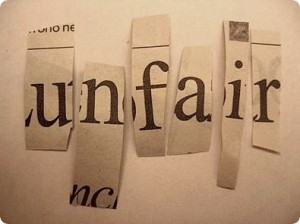 And you know what? You were probably right. It wasn’t fair.
And you know what? You were probably right. It wasn’t fair.
Because, as we know, life is not always fair.
It certainly wasn’t for me when, as a 6-year-old child, I experienced a very painful and traumatic phobia about spending the night out. Of course, I’m long over it, but what a way to start out life!
Now, naturally, I could easily focus on how unfair that experience was, but, instead, I see it as one that was critical in preparing me for the inevitable trials and tribulations of life. (What a gift!)
Much is debated about what makes for a happy life. I promise you, being able to view your unfairnesses as lessons rather than injustices is a critical tool for a more joyous life. (Tweet this!)
How to go from victim to victor by striking “It’s not fair” from your vocabulary – or, at least, saying it a little bit less.
We could all focus 24/7 on the unfairnesses of life if we let ourselves. But when we do, we keep ourselves in victim mode. And I want everyone to be in victor mode. Here’s how…
: | Give yourself an “It’s not fair” moment and then move on.
It’s human nature, when something bad happens, to have an “It’s not fair” moment, to think or say, “It’s not fair. Why did this happen to me?” Take that moment. But don’t stay there. Give yourself a designated period of time to focus on what’s unfair, and then move on to action.
: | Speaking of action, take it.
If there’s action to be taken to change the thing that’s unfair in your life, take it – break it up into small steps, if necessary. And in those instances where action cannot be taken, because, let’s face it, some things aren’t changeable, use your unfairnesses to help others (like I suggested in my adversity post).
: | Find a role model.
If anyone’s earned the right to say, “It’s not fair”, it’s former Congresswoman Gabby Giffords, whose life was irreversibly changed when she was shot in the head. She doesn’t, though. She says she’s not even angry. Instead, she focuses on recovering – and staying positive. Find role models like Gabby Giffords, and let them inspire you to face your unfairnesses with the same perseverance and grace.
In sum, when we accept that life isn’t fair (and that it was never supposed to be) and we start focusing more on what’s right rather than on what’s unfair in our lives, we go from victim to victor.
In other words, our best selves.
To victorhood,
P.S. – If someone you know is stuck in “It’s not fair” mode, please share this post with them.
P.P.S. – Like this post? Sign up in the right sidebar to get blog updates by email!



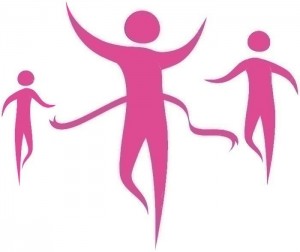
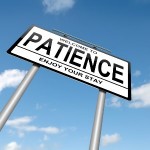

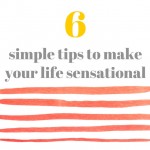
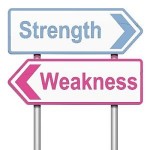


Your best yet, Rachel. So very true. And always a gift for growth–and yes, even happiness–if we are willing to “unwrap” the unhappy package. Thanks.
Thanks, Diane! I’m so glad that you liked the post. I think how we see unfairness is so important, and that when we accept that life is a combination of both good and bad (versus fighting or resisting this belief), we truly can live happier lives.
Rachel: As I sit here at my daughter’s hospital bedside, that very subject has been discussed by several of the doctors, nurses, and technicians whom have cared for my daughter during her latest hospitalization. She is a strong, spiritual young woman. The medical staff, upon reviewing her long, complicated medical history, often say things like, “You are too young to have to go through this. You have your whole life ahead of you. You shouldn’t be in the hospital, with an NG tube, unable to eat food.” She had emergency surgery, this weekend, after months of testing, procedures, and increasingly debilitating pain. However, her answer to “Why me? Is “why not me?”.
Terri, thank you so much for your meaningful comment. I am thinking good thoughts of strength and healing for your daughter. What a remarkable attitude your daughter has. She is wise, indeed.
I almost ended the post, actually, by writing that when tempted to ask, “Why me?”, instead ask, “Why not me?”. When I think of the phobia I experienced as a child, for example, I’m similarly usually asking the ‘Why not me?’ question…because to ask ‘Why me?’ implies I would prefer it to have happened to someone else…and I don’t.
I always love and appreciate your wisdom, Terri…thanks again for sharing your comment that I hope inspires many others.
~ Rachel
Absolutely, my pleasure to join in on your thought-provoking subjects.